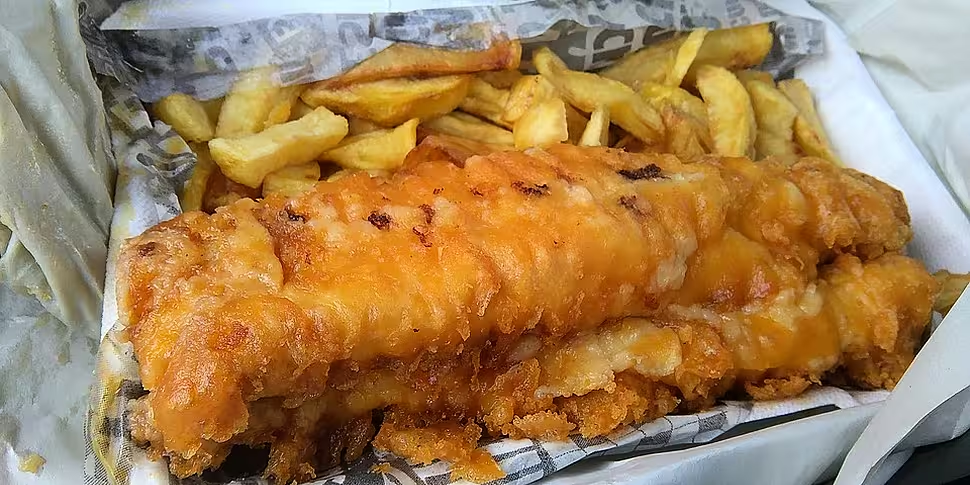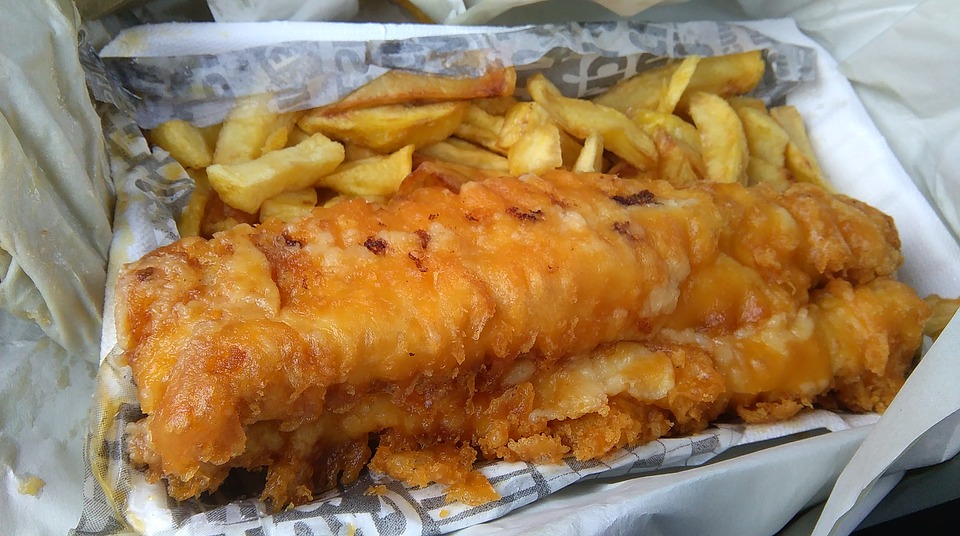Not cool.
A staple of pub menus all around Ireland, fish 'n' chips is a dish most people salivate over.
However the pub classic could be in danger of disappearing off menu's permanently, due to declining global stocks of haddock and cod.
Worrying findings from the British Antarctic Survey claim that larger marine species (including cod and haddock) face being wiped out as rising temperatures reduce oxygen in the oceans.
Scientists based their conclusions on analysis of different sized crustaceans found in abundance in the Antarctic.
When the gas in the water they were in was cut they got smaller - supporting the theory bigger sea creatures are more vulnerable to climate change.
Previous studies have suggested portions of the British pub classic will be up to a fifth smaller by 2050.
Study coauthor Dr Simon Morley, an ecophysiologist with the British Antarctic Survey, said: ''Marine animals thrive in the Southern Ocean but life in these freezing waters has led to the evolution of many distinct characteristics.
'These 'strategies', which allow animals to survive in the cold, are expected to make many Antarctic marine invertebrates and fish vulnerable to the impact of climate change.
'Understanding these impacts will not only help us to predict the fate of marine biodiversity at the poles but will also teach us much about the mechanisms that will determine the survival of species across the world's oceans.''
The study suggests failure to control greenhouse gas emissions will have a greater impact on marine ecosystems than previously feared.
Co-author Professor John Spicer, a marine zoologist at the University of Plymouth, has spent more than 30 years examining the effect of climate change on ocean organisms.
He said: ''Over the last 50 years, the oxygen in our oceans has decreased by around two to five per cent and this is already having an effect on species' ability to function.
'Unless they adapt, many larger marine invertebrates will either shrink in size or face extinction, which would have a profoundly negative impact on the ecosystems of which they are a part. This is obviously a major cause for concern.''














